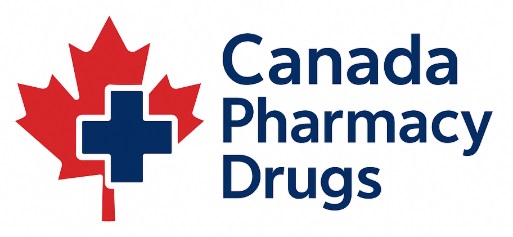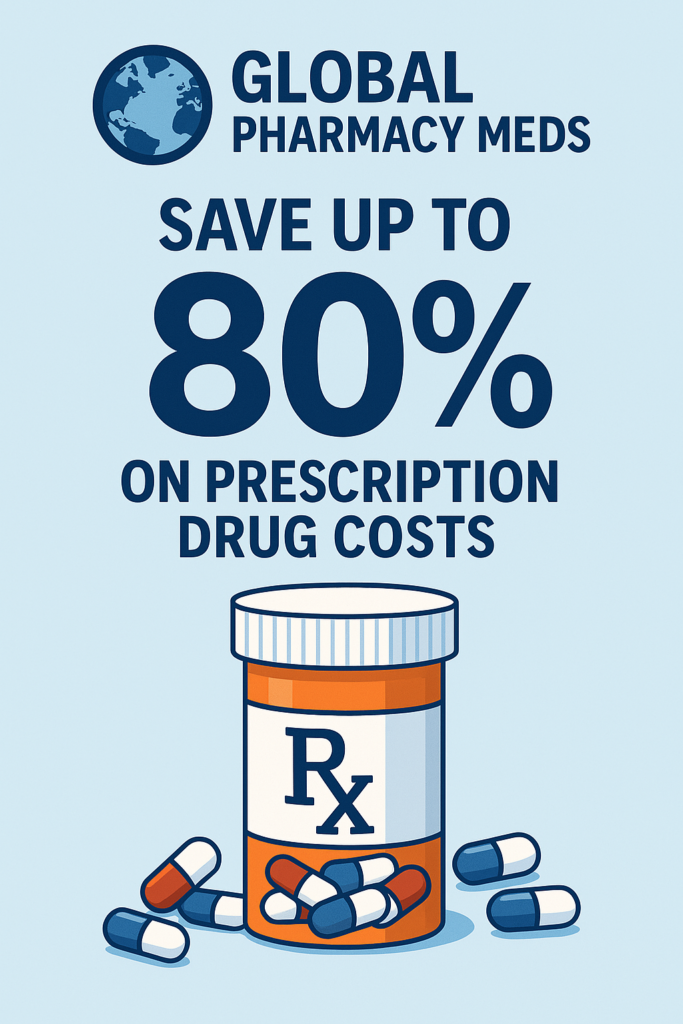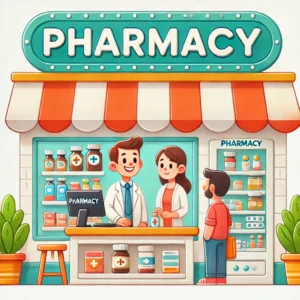Chapter 6: Addressing Common Medical Health Issues
Chronic Conditions and Medication Adherence
Chronic diseases such as hypertension, diabetes, asthma, arthritis, and cardiovascular disorders are among the most prevalent health conditions globally. They represent the leading causes of death and disability, placing a significant burden not only on patients but also on healthcare systems and national economies.
Successful management of these conditions requires long-term treatment, often involving daily medication regimens, lifestyle adjustments, and ongoing medical supervision. At the heart of this management lies one crucial factor: medication adherence.
Yet, medication adherence remains one of the most challenging aspects of chronic disease control. According to multiple studies, up to 50% of patients with chronic illnesses fail to take their medications as prescribed, leading to poor health outcomes, hospital readmissions, and avoidable complications. Nonadherence accounts for more than 125,000 deaths annually in the U.S. alone and contributes to over $100 billion in preventable healthcare costs.
The Importance of Medication Adherence
Adhering to a prescribed medication regimen is essential for:
-
Controlling disease progression
-
Avoiding costly hospitalizations
-
Improving quality of life
-
Reducing the risk of secondary complications
For example, in diabetes, poor adherence can lead to uncontrolled blood sugar levels, increasing the risk of vision loss, kidney failure, nerve damage, and cardiovascular events. In hypertension, missing doses can cause blood pressure spikes, which significantly raise the chances of heart attack or stroke.
Numerous clinical studies confirm that high adherence rates correlate with better health outcomes. Patients who consistently take their medications as directed are:
-
More likely to remain stable or improve
-
Less likely to require emergency medical services
-
More confident and proactive in managing their health
Strategies to Enhance Adherence
To tackle this widespread issue, healthcare providers, pharmacists, and caregivers must employ a combination of strategies that address both behavioral and systemic barriers:
1. Patient Education
Patients are more likely to take medications when they understand why they need them. Clear, compassionate communication about the purpose of the medication, how it works, possible side effects, and the long-term benefits of adherence is essential.
Education can be delivered through:
-
Pharmacy counseling at the time of dispensing
-
Informational brochures or digital content
-
Follow-up phone calls and support lines
-
Involvement of caregivers or family members
2. Simplifying Treatment Regimens
Complex medication schedules (e.g., multiple daily doses or numerous different prescriptions) can discourage adherence. Simplifying these regimens helps.
Options include:
-
Prescribing once-daily dosing
-
Using fixed-dose combination pills
-
Reducing the total number of medications when medically appropriate
3. Utilizing Reminder Systems
In an era of smartphones and smartwatches, reminder systems can be powerful tools.
Examples:
-
Medication management apps (e.g., Medisafe, CareZone)
-
Smart pill bottles that track openings and send alerts
-
Simple weekly pill organizers for older adults or those without access to digital tools
4. Regular Follow-Ups
Frequent contact with healthcare providers allows patients to:
-
Report side effects or changes in condition
-
Receive dosage adjustments
-
Ask questions or express concerns
This continuous engagement improves accountability and trust, both essential for long-term adherence.
5. Addressing Financial Barriers
Cost is one of the most significant obstacles to medication adherence. Even patients with health insurance may face high copays, uncovered drugs, or limits on quantity per prescription. The result: skipped doses, rationing, or complete discontinuation.
Solutions include:
-
Prescribing generic medications
-
Enrolling patients in manufacturer savings programs
-
Utilizing discount pharmacy platforms
-
Directing patients to international mail-order pharmacies like those found at MedicalHealthIssues.com
The Impact of Affordable Medications on Health Outcomes
When medications are affordable, patients are far more likely to take them consistently, which directly impacts health outcomes.
Affordable access means:
-
Better disease control
-
Reduced emergency room visits
-
Fewer hospital admissions
-
Lower long-term healthcare costs
For example, studies have shown that improving medication affordability in patients with cardiovascular disease resulted in:
-
A significant decrease in hospitalizations
-
Fewer adverse health events
-
Higher long-term survival rates
Financial Barriers and Health Implications
When faced with high out-of-pocket medication costs, patients often make painful trade-offs:
-
Delaying refills to stretch out prescriptions
-
Taking half doses
-
Prioritizing one medication over another
-
Skipping medications altogether
In some cases, patients may cut back on essentials like food, utilities, or transportation to afford their drugs—only to experience worsening health and additional medical expenses.
A report by the Kaiser Family Foundation found that 1 in 4 Americans has difficulty affording their prescriptions. Among those with chronic conditions, the percentage is even higher. These financial pressures disproportionately affect:
-
Low-income families
-
Seniors on fixed incomes
-
Patients with complex medication regimens
The Role of Affordable Medication Platforms
Websites like MedicalHealthIssues.com play an essential role in bridging the gap between patients and affordable treatment options. The platform helps individuals:
-
Compare drug prices
-
Identify generic alternatives
-
Connect with licensed mail-order pharmacies
-
Access educational resources on chronic disease management
By removing financial barriers and simplifying the medication procurement process, platforms like Medical Health Issues empower patients to take control of their health and stay on track with prescribed treatments.
Benefits of Affordable Medications
Affordable medication access leads to real, measurable benefits:
✅ Improved Adherence
When patients don’t have to worry about costs, they are more likely to take medications as prescribed and complete full courses of treatment.
✅ Reduced Healthcare Costs
Proper adherence prevents complications, reducing the need for emergency care, specialist visits, and expensive hospitalizations.
✅ Enhanced Health Equity
Affordable medications help close the health gap between socioeconomic groups, ensuring that everyone—regardless of income or insurance status—can manage their health effectively.
Conclusion
Managing chronic health conditions is a long-term journey that hinges on one vital element: consistent access to affordable, effective medication. Improving medication adherence isn’t just about reminders or education—it’s about removing the barriers that prevent patients from staying on course.
By combining education, simplified regimens, smart technology, supportive follow-ups, and affordable sourcing through trusted platforms like MedicalHealthIssues.com, we can transform how chronic conditions are managed—and improve the quality of life for millions.
In the next chapter, we’ll hear from real patients who have found success in managing their conditions through international pharmacy solutions and discuss how their stories reflect a growing global shift in healthcare access.
Click Here for Savings!
 Save Up to 80% on Prescription Drugs with Global Pharmacy Meds
Save Up to 80% on Prescription Drugs with Global Pharmacy Meds
Say goodbye to high drug prices. At Global Pharmacy Meds, we connect you with trusted international pharmacies offering FDA-approved medications at a fraction of U.S. costs. Whether you’re managing a chronic condition or filling a maintenance prescription, you can enjoy safe, affordable, and reliable service—with free shipping and real savings.
💊 Trusted Sources
🌍 Global Access
💵 Big Savings
📦 Discreet Delivery
Global Pharmacy Meds — Quality You Trust. Prices You Deserve.



